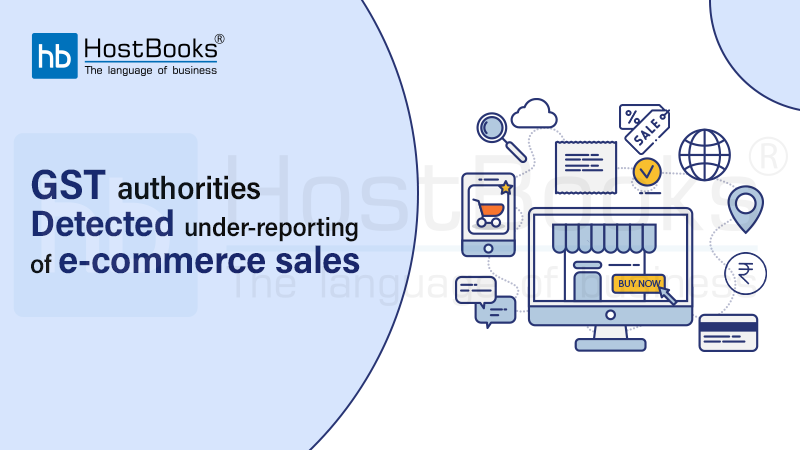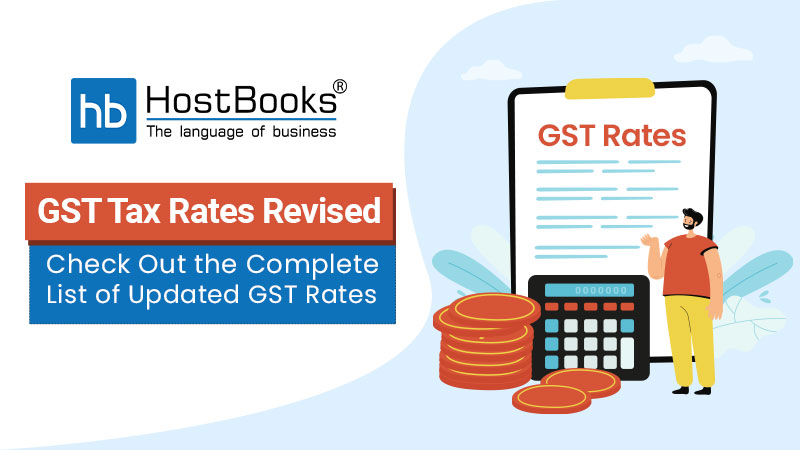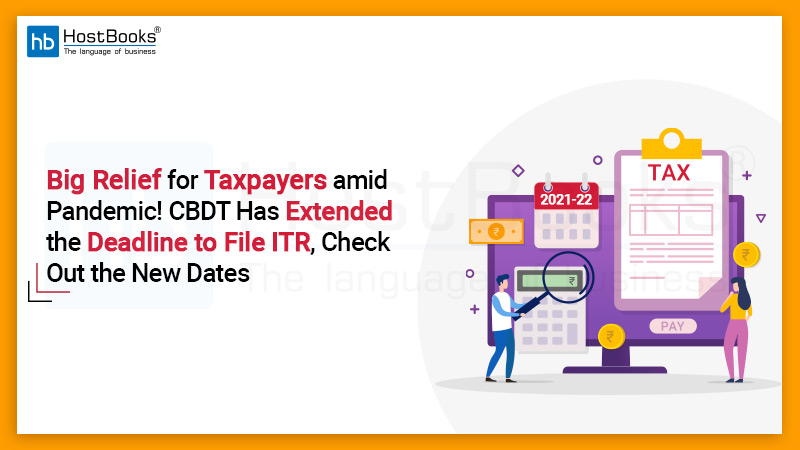GST authorities detected under-reporting of e-commerce sales

Source: Livemint
The Goods and Services Tax (GST) authorities have unearthed instances of under-reporting of online sales by several companies that sell goods on e-commerce platforms such as Amazon and Flipkart. Their online sales were found to be much lower when compared to the tax collected at source (TCS) data furnished by the marketplaces on these transactions.
Given the organized nature of the marketplaces, online sales are much more traceable meaning evasion even in this industry confirms fears expressed by many experts that GST evasion is much more rampant than officially acknowledged, especially considering that these vendors also have offline sales. Further, in addition to the slowdown in consumption, this could also be one of the major reasons for the decline in GST mop-up.
E-commerce platforms collect 1% TCS
Under the indirect tax regime, sellers on e-commerce platforms, except for those supplying services, are required to be registered on the GST Network (GSTN), even if their turnover is below the threshold of ₹40 Lakh per annum. The e-commerce platforms are required to deduct 1% of the taxable sales that take place on their portals before making the payment to the vendors and then deposit the amounts with the government. The e-commerce sellers can use the TCS as the credit at the time of filing returns and paying taxes.
Through the reconciliation of accounts, companies can make sure that their reported monthly sales match with the final figures reported in the annual return. In case of any tax evasion, businesses will have to incur interest and penalty. Tax authorities have been struggling to curb tax evasion since the implementation of GST and are now using data analytics and technology to scale up anti-evasion measures. A major part of evasion happens through circular trading and the issuance of fake invoices to avail input tax credit.

Try HostBooks
SuperApp Today
Create a free account to get access and start
creating something amazing right now!

















